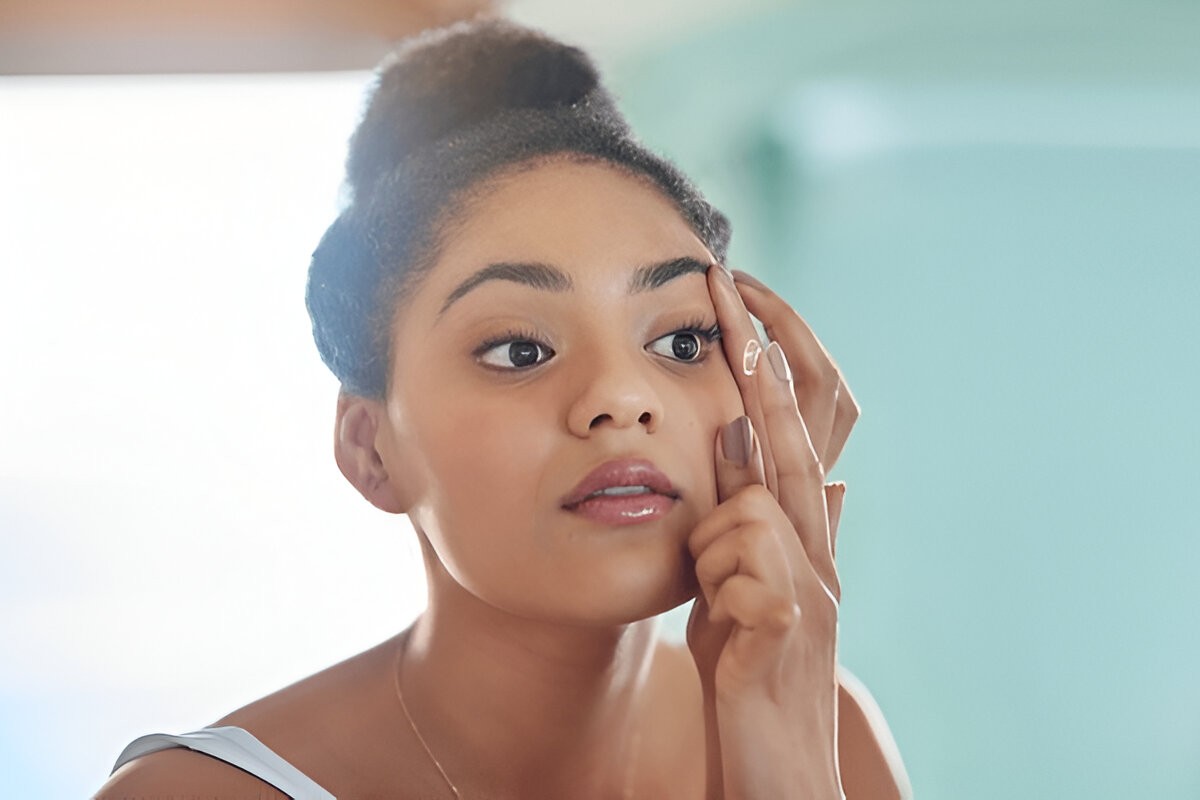Contact Lenses: Enhancing Vision with Comfort and Clarity
5 Dec 2024
What are Contact Lenses?
Contact lenses are small, thin lenses that sit directly on the cornea of the eye to correct vision. They are designed to provide clear, natural vision and are a popular alternative to eyeglasses for people of all ages. Contact lenses are made of advanced materials that allow oxygen to pass through to the eye, ensuring comfort and eye health.
By eliminating frames and providing a wider field of vision, contact lenses enhance not just the clarity of vision but also the wearer’s confidence and convenience. Whether you’re playing sports, attending social events, or simply seeking a glasses-free look, contact lenses can transform your daily experience.
Key Benefits of Contact Lenses
Improved Field of Vision: Unlike glasses, contact lenses move with your eyes and provide a wider, distortion-free view.
Aesthetic Advantages: They are discreet and offer a glasses-free appearance.
Convenience for Active Lifestyles: Perfect for sports and outdoor activities as they don't fog up or fall off.
Versatility: Can correct a wide range of vision problems, including myopia, hyperopia, astigmatism, and presbyopia.
Customization Options: Available in various materials, designs, and wearing schedules to suit individual needs.
Types of Contact Lenses
1. Soft Contact Lenses
Soft lenses are made of flexible materials that conform to the eye’s surface, ensuring maximum comfort.
Daily Disposables: Single-use lenses that are discarded at the end of the day, ideal for people with busy lifestyles.
Monthly or Bi-weekly Lenses: Designed for reuse over a specific period with proper cleaning and storage.
2. Rigid Gas Permeable (RGP) Lenses
RGP lenses are made of durable materials that provide crisp, clear vision, especially for people with astigmatism or irregular corneas.
Last longer than soft lenses and are cost-effective over time.
Require an adaptation period but are worth it for their superior optical quality.
3. Specialty Contact Lenses
Toric Lenses: Designed for people with astigmatism, these lenses ensure proper alignment and clear vision.
Scleral Lenses: Cover the entire corneal surface and are ideal for severe dry eyes or keratoconus.
Multifocal Lenses: Correct presbyopia, allowing seamless transition between near and distant vision.
4. Cosmetic and Colored Lenses
Change or enhance the natural color of your eyes.
Available with or without corrective power.
Who Can Wear Contact Lenses?
Contact lenses are suitable for most people with vision correction needs. However, their appropriateness depends on factors such as eye health, lifestyle, and personal preference.
Ideal Candidates for Contact Lenses
People with refractive errors like myopia, hyperopia, or astigmatism.
Individuals seeking an alternative to eyeglasses for aesthetic or functional reasons.
Those with active lifestyles or involved in sports.
Considerations for Special Cases
People with dry eyes or allergies may need specialized lenses or lubricating solutions.
Certain medical conditions, like keratoconus, may require custom-designed lenses.
How to Choose the Right Contact Lenses?
Choosing the right lenses involves:
Comprehensive Eye Examination: A detailed prescription and assessment of your corneal health are crucial.
Lifestyle Needs: Whether you prioritize convenience, comfort, or specific corrections, there’s a lens for every requirement.
Professional Guidance: Consult an optometrist to determine the best lens type and material for your eyes.
Contact Lens Care: Best Practices
1. Cleaning and Disinfection
Use only the lens solution recommended by your doctor—never use water or saliva.
Rinse, clean, and store lenses properly after each use.
2. Proper Handling
Wash hands thoroughly before handling lenses to prevent infections.
Avoid touching the lenses with unclean or wet hands.
3. Storage Guidelines
Store lenses in a clean, dry case with fresh solution.
Replace the storage case regularly to minimize contamination.
4. Adherence to Wear Schedule
Follow the recommended wear time—don’t overuse lenses beyond their prescribed schedule.
Never sleep in lenses unless they are specifically approved for extended wear.
Common Issues and Solutions
1. Dry Eyes or Discomfort
Use doctor-recommended lubricating drops to alleviate dryness.
Consider lenses specifically designed for dry eyes.
2. Irritation or Redness
Remove lenses immediately and consult your doctor if symptoms persist.
Ensure proper cleaning and avoid using damaged lenses.
3. Blurry Vision:
Check for dirt or deposits on the lens.
Get your prescription updated if the problem persists.
Frequently Asked Questions (FAQs)
1) Are contact lenses safe for long-term use?
Yes, with proper hygiene and regular check-ups, contact lenses are safe for long-term use.
2) Can children wear contact lenses?
Yes, with proper training and supervision, children as young as 8 years old can use contact lenses safely.
3) Can I wear contact lenses with astigmatism?
Yes, Toric lenses are specially designed to correct astigmatism.
4) Can I swim with contact lenses?
It is not recommended to swim or shower with lenses as water can cause contamination.
5) What is the lifespan of a pair of contact lenses?
The lifespan varies by type:
Daily lenses are single use.
Monthly or bi-weekly lenses last as specified with proper care.
Contact Lens Services at Pristine Eye Hospitals
At Pristine Eye Hospitals, we provide advanced contact lens solutions for a range of vision needs.
Our services include:
Keratoconus Lens Expertise: Specialized scleral lenses designed to offer unmatched comfort and vision correction for irregular corneas.
Custom Lenses for Presbyopia & Astigmatism: Experience clear vision at all distances with lenses crafted just for you.
Lens Training & Support: Our team ensures you’re confident in handling and caring for your lenses.
Experience the freedom of contact lenses, customized for your lifestyle and vision requirements.

